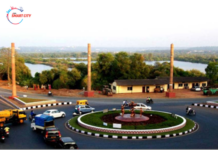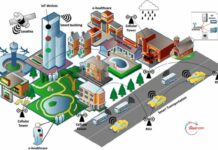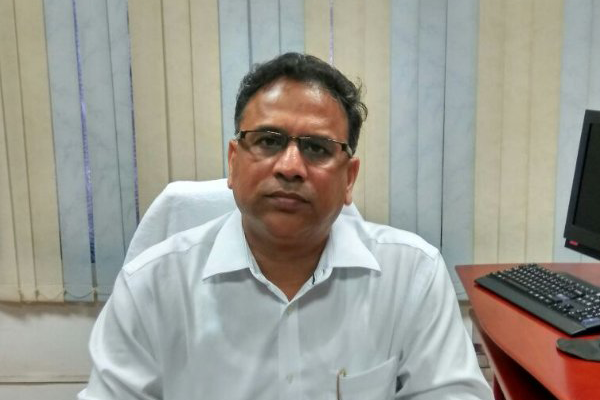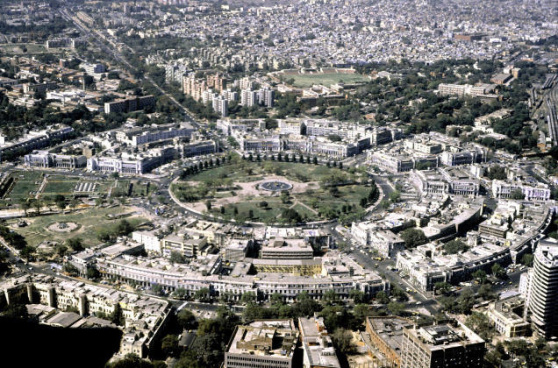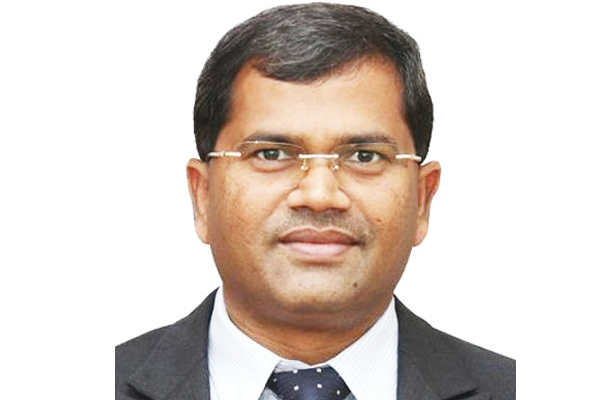
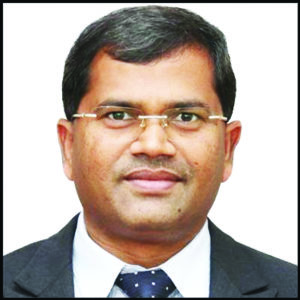 Digital technologies have completely transformed the way transactions of business have been happening in G2G, G2C, B2B and B2C space. The sophistication and ease of transactions have now started affecting choices and actions at an individual level more than ever, writes Suresh Yadav.
Digital technologies have completely transformed the way transactions of business have been happening in G2G, G2C, B2B and B2C space. The sophistication and ease of transactions have now started affecting choices and actions at an individual level more than ever, writes Suresh Yadav.
The quantum of transactions and exponential growth is pushing for increased demand for data analysis, data mining and use of artificial intelligence.
Many organisations and countries are still dealing with the fallout from a cyber attack that hit 200,000 victims in around 150 countries, with many other organisations and individuals wondering if they are at risk, if yes then what to do. Ransomware – a malicious piece of software that locked files on a computer and demanded payments to unlock them – is the name of the type of virus that infected the machines at individual levels. Ransomware attacks have been on the rise and as WannaCry demonstrated the mass destruction ability and new challenges to run the global business orderly. This cyber-attack is a precursor of things to come in future.
The rise of an alternative digital currency Bitcoin based on innovation of Blockchain challenges traditional system of financial transactions. At the core of this system too lies interconnected machines. Billions of machines connected to this network will further bring new challenges to protect it from cyber threats.
Harnessing power of digitalisation was one of the key outcomes of G20 Hamburg Summit. Leaders recognised the transformative power of digital technologies for innovation, inclusive and sustainable growth and for reducing inequality to achieve the goals of the 2030 agenda for sustainable development. G20 Leaders have committed to ensure that all our citizens are digitally connected by 2025.
Today countries are facing cyber-age challenges. That are likely to have following effects in global economy and global governance:
Rise of Cyber armies
The cyber-attacks and cyber war has demonstrated ability of enemies to penetrate the national boundaries without any visible signs. The rise of cyber armies will be a cost to business as well as to the Governments. This will put pressures on low cost delivery models of business as well as citizen-centric services and this may put technological gains made over the years at risk. However, on the positive sides, this will push demand for cyber experts and countries with strong technical and scientific manpower base may be gainer.
Wave of anti-digitisation
The financial crisis of 2009 was a turning point for globalisation. The recent cyber-attacks on interconnected assets may prompt similar sentiment and call for digital assets in isolation through stand alone systems and world may move in opposite direction of digitalisation, which is now a buzz world in development landscape. This has potential to wipe out all digital dividends and could be digital tsunami for development.
Digital assets as a public good to club goods
Internet, over the years, has served as a good source of public knowledge and open source information has served the public cause very well. Any State wars through cyber medium of global scale may push many countries to restrict its open nature and public availability. This may push for tendency amongst countries to form a club and use digital assets.
Nuclear war to Cyber war
After second World War, the World has been obsessed with nuclear war and global efforts and energy has been used to contain it through global convention and strategic initiatives. World has managed to contain risks to a large extent and we have not witnessed any catastrophe on this front. This has been largely due to monitoring of physical nuclear assets of rogue state as well as of aspirational states.
The problem with cyber-attacks have been largely due to the fact that it is difficult to monitor and anticipate. State sponsored cyber-attacks are disastrous and also at the same time have potential to trigger to a Nuclear war. There is a dire need of global governance framework to develop cyber regulations to put an end to state-sponsored attacks and a continuous monitoring of cyber space through cyber armies.
Democracy at danger:
Democracy is foundation stone of a good governance and it is an expression of faith of people in elected representatives. The recent incidents of the leakages of information in cyber space and intention to compromise democratic processes need to be tackled at global level for sustenance of our democratic governance practices and to ensure that together we can continue to achieve more.
Globally, we have experimented with the idea of Public-Private Partnership(PPP) for infrastructure and other related services to support governance challenges.
In today’s time, corporates like Microsoft and Google globally commands more control than many of the governments. Time has come to make them partner in global peace and security through PPP as fairly large component of governance has already shifted to private players due to technology-centric governance. Now, there is a need to bring private sector formally as an integral player in global digital governance.
The shift and sharing of governance power has always been in challenges and will continue to be so. The reform process in Bretton Wood institution is a classic example. Therefore, a new governance framework through a World Digital Organisation (WDO) should take shape under leadership of private sector with academia, industry and governments as a partner.
The joint efforts will be a win-win situation for all and will herald into a new era of governance with all stakeholders on a same platform. This collaborative model of WDO may open up more space for adoption of innovative technologies like Blockchain for development and to achieve SDG 2030.
(Suresh Yadav is currently working as an Advisor to Executive Director, World Bank, Washington DC. Views expressed in the article are his personal.)


